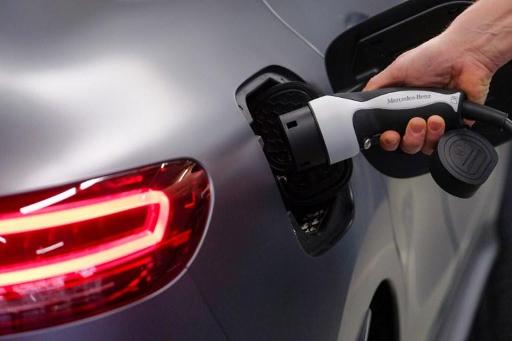Three years after the introduction of the federal mobility budget, which allows employers and employees to choose more sustainable mobility options, there is still little enthusiasm to make the switch to this system.
An employer that introduces a mobility budget in the company gives employees the opportunity to exchange their (right to a) company car for an annual budget — the amount depends on what car the employee is entitled to — with which they can pay for more environmentally friendly ways of getting to work (such as an electric bike or public transport).
While the majority of Brussels and Flemish Small and medium-sized enterprises (SMEs) are familiar with the concept of the mobility budget, most do not consider it appropriate yet, according to a survey by SD Worx.
"You could say that the unknown makes it unloved, but there is more to it than that. In Flanders, almost 65% of the SMEs say they are familiar with the principle, but only 2% are starting to introduce it; in Brussels, the figure is eight%," Annelies Rottiers, strategic advisor for SMEs at SD Worx, said. In Wallonia, fewer than 1% of SMEs are looking to use it.
These figures contradict expectations from SMEs, as in March they said they expect to see demand for mobility budgets from employees soon. "For the time being, this does not translate into high adoption," SD Worx said.
Greener fleets
One reason for this is that the lion's share of company cars are functional cars, which means that a car remains necessary for customer visits and the employee is not completely free to determine their own mobility. However, employees don't have to give up their car, they can also choose to purchase a smaller, more sustainable car.
Related News
- Electric vehicles fast becoming preferred for company cars in Belgium
- Toyota to invest billions in electric car batteries
Nearly four in ten SMEs (38.9%) want to fully commit to greener vehicle fleets, but half of them are waiting to make the switch because there are still too many obstacles — from administrative complexities to limited demand from employees and the cost of electric cars — despite a few adjustments being made to the system at the end of 2021 to make the introduction easier.
In the meantime, nearly a quarter (24.3%) will go for smaller cars or try to reduce their fleet (24.7%). Around 18% of SMEs said their employees do not need company cars in the future.

